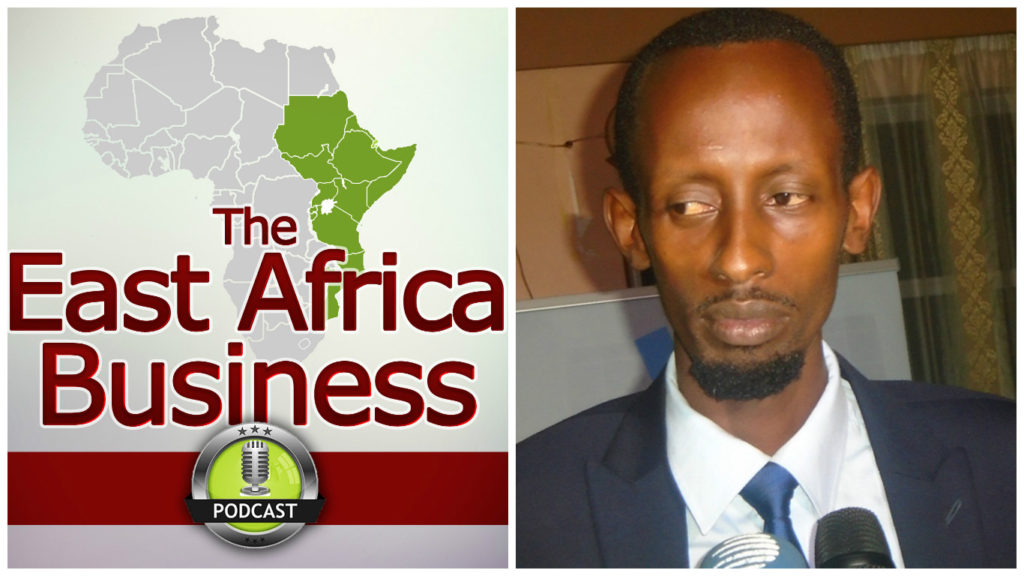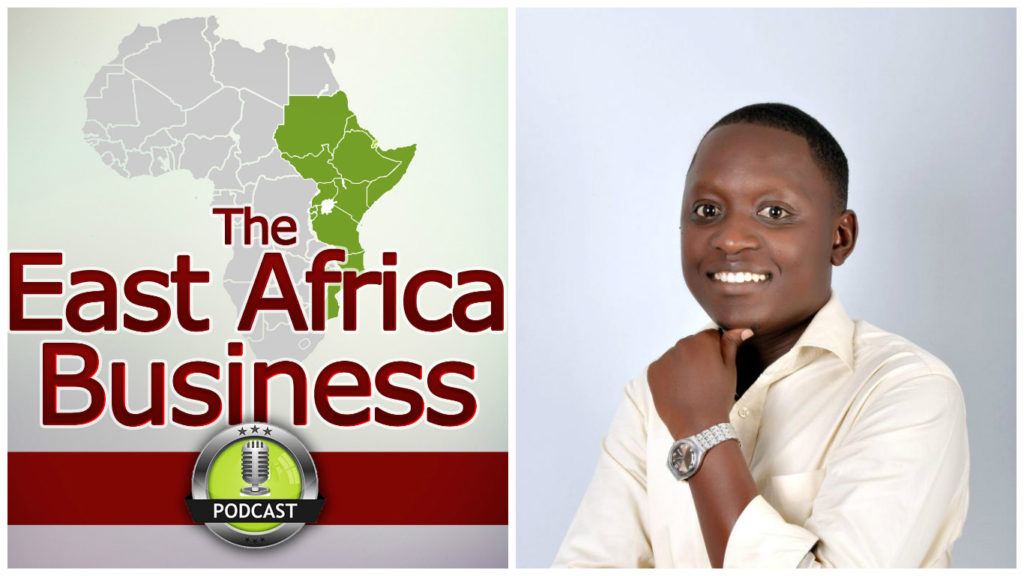Overview
Off grid electricity is a big thing in Rwanda. The country is not going through the arduous process of establishing the grid, and then getting everybody to connect to it, and so for their energy a lot of Rwandan households are instead are going straight to source: the sun. BBOXX is an organisation providing such a service at an affordable rate across the country.
Justus (BBOXX’s Rwanda MD) and I discuss the evolution of the sector, adapting customer’s mindsets from ownership to service, and the outlook for “off grid” energy.
Sign up below to hear whenever there are new stories and episodes released on the podcast
Here are some of the key quotes:
“We sell solar energy all over Rwanda”
Since setting up in the northern provinces of Rwanda in 2014, BBOXX has coverage across the country. They set up shops in towns which act as a local base for customers to get set up. They are looking to open more in order to make their service even more accessible.
“We are not the only players”
There are other companies in the solar energy market which offer off grid electricity solutions. Importantly though the government have begun to realise that private companies offering this energy could help the country develop, rather than necessitating expensive on grid projects.
The government is looking to help with the marketing of off grid electricity, with private companies offering the solutions.
Some of the other off grid companies operating here are: Mobisol, Ignite Power, Off Grid Electric
“80% of the country is off grid”
This is where BBOXX currently focuses: getting people who have no electricity. That said, connecting to the grid can still be arduous and so some people who are metres from an on grid tower will opt for a BBOXX.
“Customers don’t own the system”
Customers pay for the functionality of having electricity, rather than outright owning the solar panels. If the system breaks down then BBOXX replaces it, ensuring that they still have access to electricity for their monthly plan.
The customers typically own the appliances (which are paid for month by month) and packages for the main system begin at $5/ month.
Ownership sounds exciting until problems are incurred. Many solar systems are left dormant if they break down and the customer is left with an expensive piece of kit that they can’t fix.
“It’s not just the light bulb, it’s the lifestyle”
People are increasingly looking to get additional appliances with their newfound electricity. BBOXX is seeing demand for products such as phone chargers, flash torches and radios which provide entertainment to their customers, beyond simply lights.
Customers aspire to own a TV, especially if their neighbour has one.
“Yes they can afford it”
The current ways in which customers are getting their electricity means that $5/ month is affordable for people. Their power comes from a combination of candles, phone charge kiosks and kerosene stoves.
Most people have mobile phones now, but the nearest trading post where they can charge it are 2-3 kilometres away and that usually costs $0.50 each charge.
“I don’t think there will be one dominant company”
The current players are unlocking a whole new market and so it is plausible that other companies will emerge and specialise in particular parts of the value chain. Only those who remain focused on what they do are likely to prosper.
“Explaining 3 year payment plans was a challenge”
Getting people into the mindset of financing (get something upfront and payback over time) was something which BBOXX initially had to devote time to explaining.
Most customers had only ever been able to buy something with cash, and so were required to save themselves before heading to market. Teaching how they could pay back over time require a shift in mindset.
“The end goal is to replicate this model across the world”
BBOXX are working on refining their systems and processes so that they can take their model and apply it in any emerging market. Their vision is to be the world leader
“The biggest challenge is raising financing”
The local financing industry is just starting to look at this industry. The big opportunity comes in local banks providing financing to customers to get them started with having solar energy.
This is a profitable business that helps people’s lives in a sustainable way. Foreign investors have understood this, and now local financiers are beginning to too.
Social Media Follows
BBOXX HQ: https://twitter.com/BBOXX_HQ
BBOXX Rwanda: https://twitter.com/BBOXX_Rwanda

